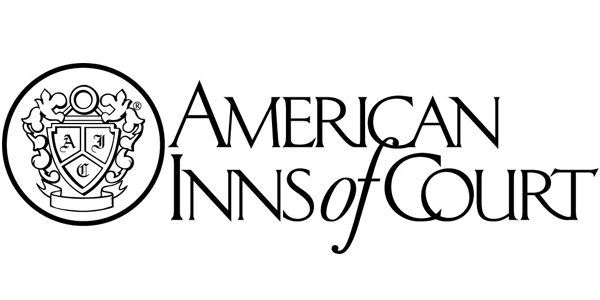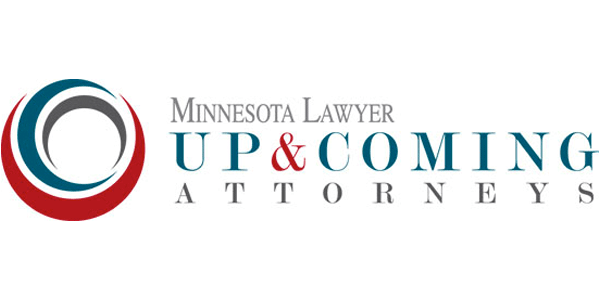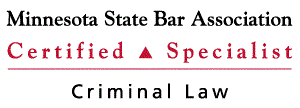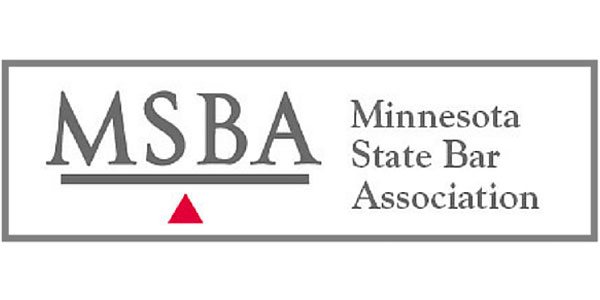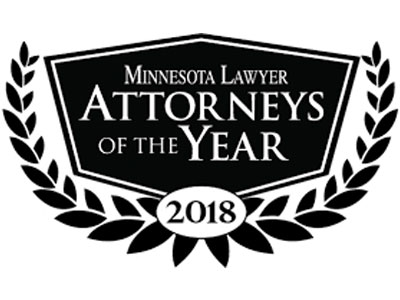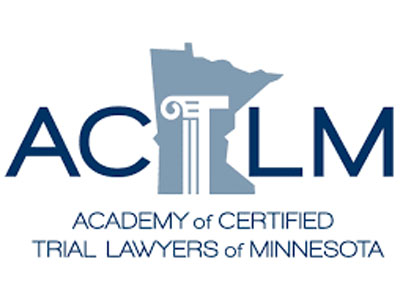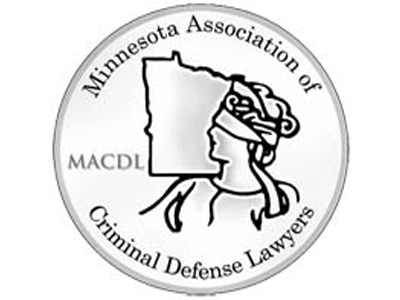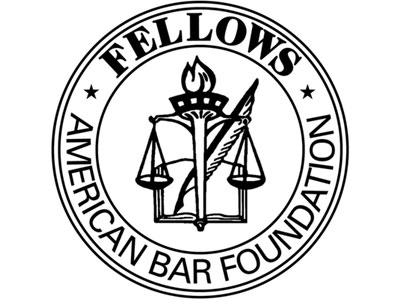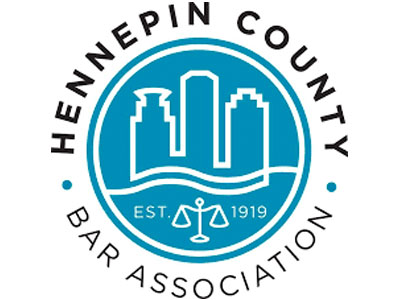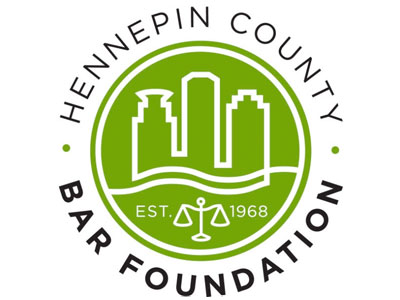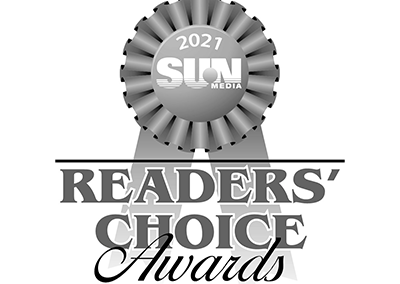Guide for DWI Arrests in Minnesota:
What to Expect After Your First, Second, or Third Arrest Get a free case evaluationDWI penalties in Minnesota vary greatly depending on whether you have any previous violations and the circumstances of your arrest, including your blood alcohol concentration (BAC). If you were recently arrested for a DWI, you should consult with a DWI Defense Attorney right away to review the specifics of your case.
Free Case Evaluation
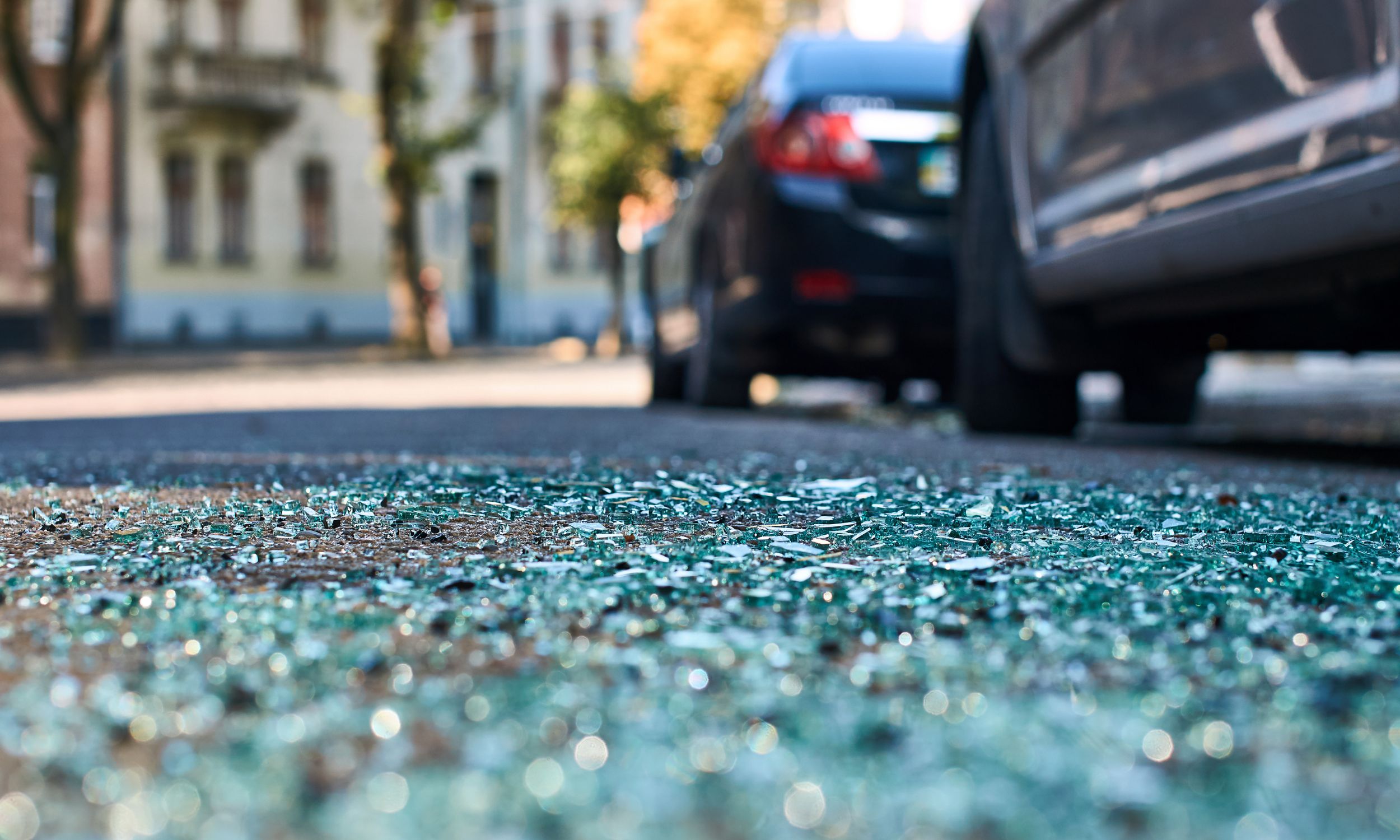
In this article we cover the penalties typical for first-time, second, and third DWI cases in Minnesota. This is a great basic guide for anyone facing a DWI charge, but it is not specific to your case. Therefore, it’s important that you consult an attorney to learn more about what to expect.
First DWI Offense Criminal Penalties
It is a crime to drive, operate, or be in control of a motor vehicle in Minnesota under the influence of alcohol or a controlled substance and/or when a person’s alcohol concentration is 0.08 or more. You may be charged with a misdemeanor if your BAC is under 0.16, or a gross misdemeanor if you are at or over 0.16 (twice the legal limit). Because of Minnesota’s implied consent laws, refusal to take a test is a gross misdemeanor. A test refusal will always be considered an additional charge to a DWI.
Sieben Edmunds Miller
Administrative Sanctions
In addition to criminal penalties, DWI carries administrative (or civil) penalties. Because of the implied consent laws, a driver may be subject to these penalties EVEN IF THEY ARE NOT CONVICTED of a crime unless they TAKE PROMPT ACTION to prevent license revocation.
Ignition Interlock
Ignition interlock is a blood alcohol measurement machine that can be installed in one’s vehicle. The driver blows into the machine in order to start the vehicle and periodically while driving. The car will not start if alcohol is detected. Although there is a cost to use the program, ignition interlock gives those with revoked licenses an option to drive sooner than they otherwise might.
Other Factors
The information above pertains to typical fourth-degree misdemeanor DWI (BAC level under 0.16) or third-degree gross misdemeanor DWI (BAC level at or over 0.16) with no additional aggravating factors. Each case is unique, and you should speak with an experienced Criminal Defense Attorney for individualized advice.
Other factors that could significantly impact your case include having a minor in the car, being a minor yourself, or getting a DWI while being in an accident. If, for example, there were a child in the vehicle when the DWI arrest took place, your penalty may be considered a gross misdemeanor and maximum jail time can increase from 90 days to one year, with the fine being tripled.
A person under the age of 21 who is convicted of a first DWI risks having their license revoked for a period of at least 180 days (one year if they are at or over 0.16).
Other factors that may elevate the crime could include driving with an open container, possession of drugs or a firearm, driving on a suspended license, and being involved in an accident. Accidents resulting in injury or death may turn even a first-time DWI into a felony.
Second-Time DWI Offense Criminal Penalties
It is a crime to drive, operate, or be in control of a motor vehicle in Minnesota under the influence of alcohol or a controlled substance and/or when a person’s alcohol concentration is 0.08 or more. If you have already been convicted of a DWI within the past ten years, you may be charged with a gross misdemeanor if you drive (or operate or control) a motor vehicle with a BAC over .08.
Because of Minnesota’s implied consent laws, refusal to take a test is a gross misdemeanor. A test refusal will always be considered an additional charge to a DWI.
The information above pertains to typical third-degree gross misdemeanor DWI (BAC under 0.16) or second-degree gross misdemeanor DWI (BAC at or above 0.16) with no additional aggravating factors. Each case is unique, and you should speak with an experienced Criminal Defense Attorney for individualized advice.
Sieben Edmunds Miller
Ignition Interlock
Ignition interlock is a blood alcohol measurement machine that can be installed in one’s vehicle. The driver blows into the machine in order to start the vehicle and periodically while driving. The car will not start if alcohol is detected. Although there is a cost to use the program, ignition interlock gives those with revoked licenses an option to drive sooner than they otherwise might. If you have been charged with a second DWI, speak to your defense attorney about whether ignition interlock may help you keep your license.
Other Factors
Many factors may significantly impact your case, including past criminal history and past DWI convictions. Other factors that may elevate the crime could include driving with an open container, possession of drugs or a firearm, driving on a suspended license, having a minor in the car, being a minor, and/or being involved in an accident. Accidents resulting in injury or death may turn a DWI into a felony.
Administrative Sanctions
In addition to criminal penalties, DWI carries administrative (or civil) penalties. Because of the implied consent laws, a driver may be subject to these penalties EVEN IF THEY ARE NOT CONVICTED of a crime unless they take prompt action to prevent license revocation. While the maximum criminal penalties for a second DWI do not vary based on whether your BAC is at or over 0.16, the administrative sanctions are more severe if you test at twice the legal limit or higher. This means you may lose your license for a longer period of time after a second DWI conviction.
Third DWI Offense Criminal Penalties
You may already be aware that a third DWI conviction carries stiff consequences including jail time, fines, and vehicle forfeiture. You may face civil/administrative penalties in addition to criminal sanctions, and the timeframe in which to deal with these things is tight. To protect your rights, your assets, and your freedom, it is imperative you call an experienced DWI Defense Attorney as soon as possible.
If you have already been convicted of one or more DWI(s) within the past ten years, you may be charged with a gross misdemeanor if you drive (or operate or control) a motor vehicle with a BAC over .08.
Sieben Edmunds Miller
Administrative Sanctions
In addition to criminal penalties, DWI carries administrative (or civil) penalties. Because of the implied consent laws, a driver may be subject to these penalties EVEN IF THEY ARE NOT CONVICTED of a crime unless they take prompt action to prevent license revocation, and in the case of a third DWI and some first or second DWIs, vehicle forfeiture.
What Does This All Mean?
Even if you or a loved one dealt with a second-DWI conviction in the past, this all may seem overwhelming and new. That is because a lot of the penalties associated with a third DWI are different, and can be, frankly, quite scary. Some of the terms and consequences you may be unfamiliar with are described below.
Inimical to Public Safety
If you are convicted of a second-degree (i.e. third-offense) DWI, or you fail or refuse a test, your driver’s license will be canceled as “inimical to public safety.” Inimical means “tending to obstruct or harm” and the phrase refers to licenses that will never be reinstated unless specific provisions are met. In Minnesota, strict rehabilitation requirements are required (see below), in addition to long waiting periods and hefty reinstatement fees.
It is also important to note that a license is revoked (or in this case canceled) upon certification from a peace officer that there existed probable cause to believe a person had been driving, operating, or was in physical control of a motor vehicle in violation of Minnesota’s DWI law and that the driver either failed or refused a blood alcohol concentration test.
The cancellation period for a driver with two qualified prior impaired driving incidents within the past ten years is for a period of not less than three years. The cancellation is not necessarily contingent on a conviction. You must file a Petition for Judicial Review within 60 days of the alleged DWI to preserve your right to contest the license revocation/ cancellation. If you don’t, you could lose your license for three years even if you are found not guilty!
Contact a Minnesota DWI Defense Attorney
If you’ve been arrested and are facing a DWI charge, you will need the tImely guidance of an experienced DWI defense attorney. You can contact Sieben Edmunds Miller PLLC, whose attorneys have dedicated their practice to representing and protecting the rights of the accused, having successfully achieved not-guilty verdicts for their clients in past court victories.
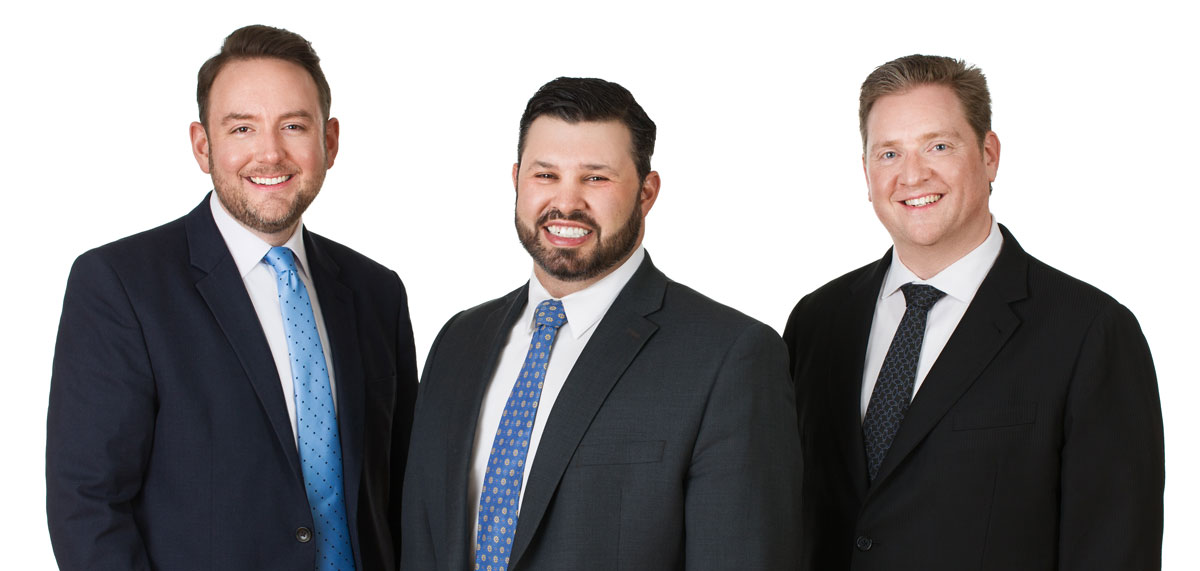
Free Case Evaluation
Contact Info
Note: The use of the Internet or this form for communication with the firm or any individual member of the firm does not establish an attorney-client relationship. Confidential or time-sensitive information should not be sent through this form.
¡Hablamos Español!
Recent Blog Posts
Semi-Truck Crashes: The Causes and Injuries Involved
Accidents involving semi-trucks, or big rigs, are among the most devastating and complex types of collisions on the road. These large vehicles weigh tens of thousands of pounds and are capable of causing catastrophic damage, particularly when they crash. With...
The Legal Rights of Spinal Cord Injury Victims
A spinal cord injury is often severe and one of the most devastating types of injuries a person can sustain. It can lead to lifelong disabilities, profound emotional trauma, and significant financial burdens. If you or a loved one has experienced a spinal cord...
When Tragedy Strikes: How a Minnesota Personal Injury Attorney Can Help After a Fatal Car Accident
The sudden and tragic loss of a loved one in a fatal car accident can be a devastating experience. Grief, shock, and confusion can overwhelm families as they try to cope with the emotional and practical consequences. In the midst of this turmoil, understanding your...
Top Mistakes to Avoid When Filing a Personal Injury Claim in Minnesota
After experiencing an accident that results in injury, it’s essential to take the right steps in filing a personal injury claim. Whether the accident involves a car crash, a defective product, or even a tragic wrongful death incident, the way you file your claim can...
Common Misconceptions About CHIPS Cases in Minnesota
For many parents, learning that they are involved in a CHIPS (Children in Need of Protection or Services) case is overwhelming. Unfortunately, there are many misconceptions about how these cases work, what rights parents have, and what outcomes are possible....
Navigating the Aftermath: Understanding Wrongful Death Lawsuits in Minnesota
At Sieben Edmunds Miller, we understand that losing a loved one is an indescribably painful experience. When that loss is caused by someone else's negligence or wrongful actions, the emotional burden is compounded by confusion and a sense of injustice. In Minnesota,...







